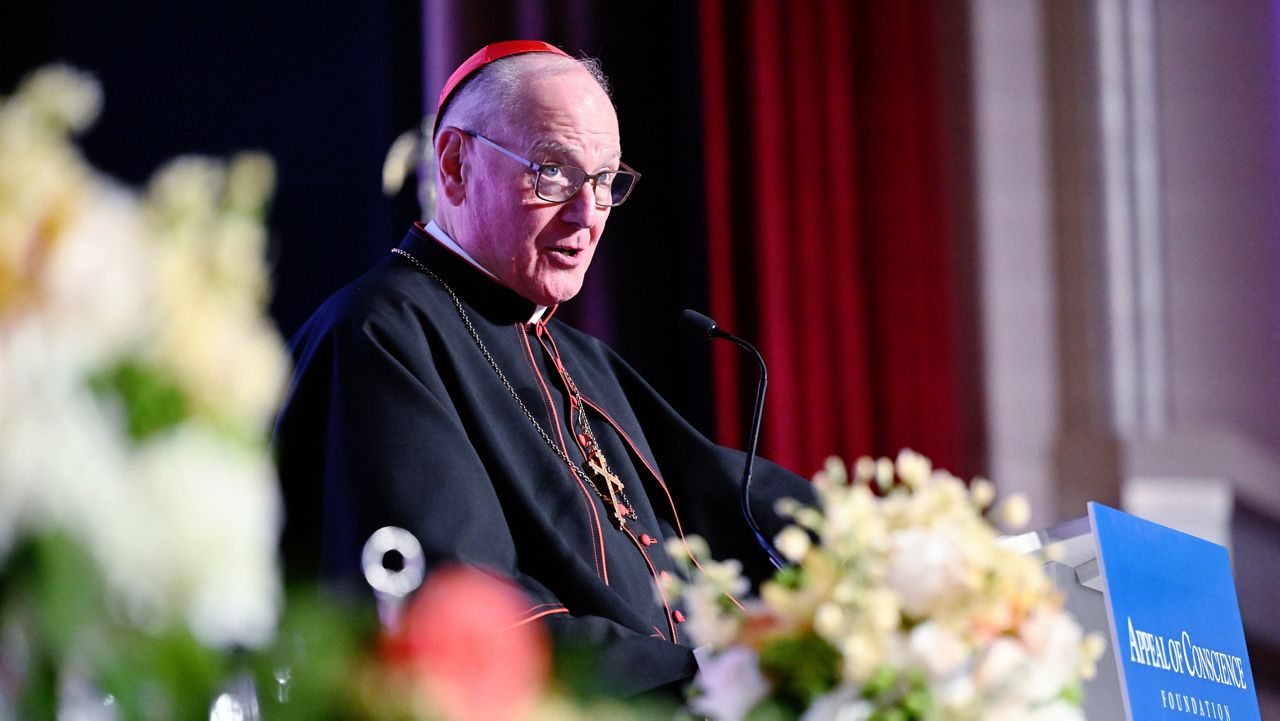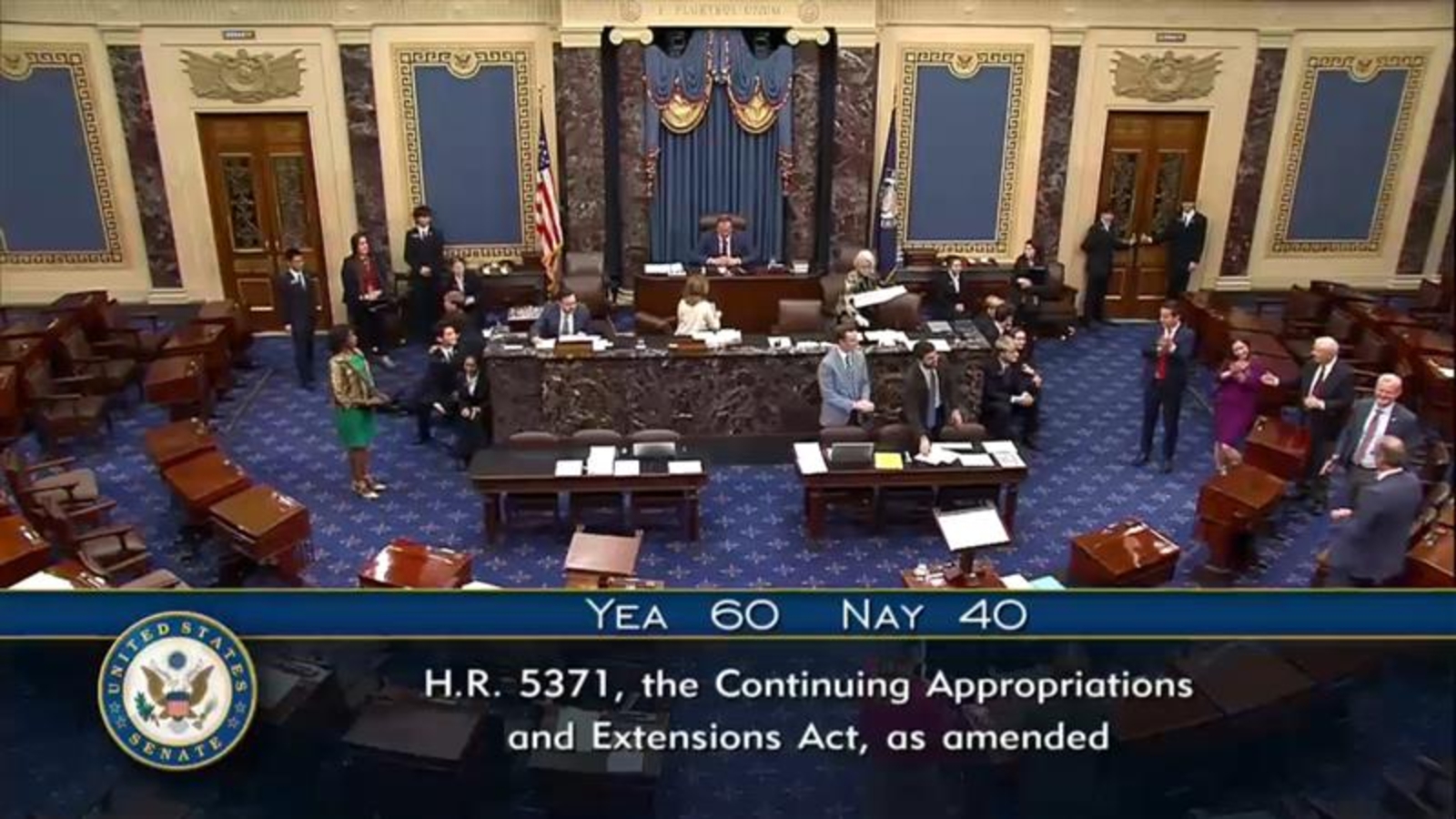UPDATE: The HLTH 2025 conference in Las Vegas is witnessing an overwhelming surge of artificial intelligence (AI) integration in healthcare, as nearly every exhibitor showcases AI-driven solutions. However, beneath the excitement lies a growing concern among industry leaders about the potential oversaturation of the market and the looming threat posed by major players like OpenAI and Epic.
As the event unfolds, healthcare executives express a mix of enthusiasm and fatigue regarding AI’s rapid rise. Many are questioning the sustainability of the current investment frenzy, with $6.4 billion in venture capital funding directed towards digital health startups in the first half of 2025, according to Rock Health. A staggering 62% of that funding is allocated to AI-focused companies, intensifying competition and raising fears of an impending bubble.
At HLTH, the AI presence is undeniable. Startups like Innovaccer are making bold claims, with booths featuring slogans such as, “Your data. Our agents. Real outcomes.” Meanwhile, OpenAI’s new healthcare lead, Nate Gross, shared the stage with giants like Microsoft and Google, signaling the tech giant’s serious intentions in the healthcare sector. Despite the lack of concrete details about OpenAI’s healthcare plans, investors are already feeling the pressure.
“The perception is that OpenAI and Anthropic represent more immediate threats than traditional tech giants like Amazon or Microsoft,” stated Blake Wu, a partner at NEA. As AI capabilities expand rapidly, healthcare startups are scrambling to differentiate themselves amid a sea of similar offerings.
Concerns about the homogeneity of AI solutions were echoed by attendees. One health system executive lamented, “Everyone is framing themselves as the most generic, enterprise-wide agentic AI solution. It makes me want to vomit.” This sentiment underscores a growing fatigue among industry insiders, as they grapple with the sheer volume of AI-related pitches that often lack substance.
In the backdrop of these concerns, significant funding announcements continue to emerge. Notably, medical AI search startup OpenEvidence revealed it had secured $200 million at a $6 billion valuation, marking the largest funding announcement at HLTH. Similarly, the “responsible AI agent platform” Hyro raised $45 million, further fueling investor interest in the sector.
While many investors remain optimistic about the potential of healthcare AI, others caution against the risks posed by established players eyeing the same market. Epic, a medical records giant, has recently announced plans to launch its own AI tools, intensifying competition for startups.
Despite the challenges, there are bright spots in the AI landscape. Leaders from major pharmaceutical companies like GSK and Novartis are actively embedding AI into their operations, citing improvements in research and clinical trial recruitment. The focus on women’s health has also emerged as a key trend, with startups addressing previously overlooked areas, such as menopause care.
As the HLTH conference progresses, industry stakeholders are grappling with the implications of AI’s rapid integration into healthcare. The ongoing discussions highlight not only the potential benefits but also the need for responsible development and implementation of AI technologies.
With AI’s ongoing evolution, the healthcare landscape stands at a critical juncture. As the conference wraps up, attendees will be looking to see how these emerging trends will shape the future of healthcare technology.
Stay tuned for more updates as we continue to monitor developments from HLTH 2025.







